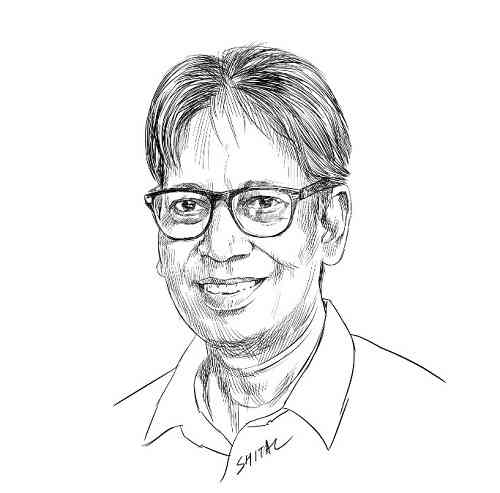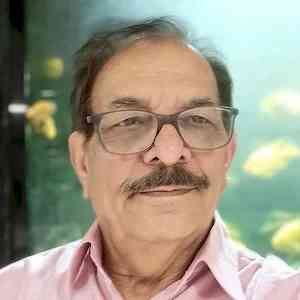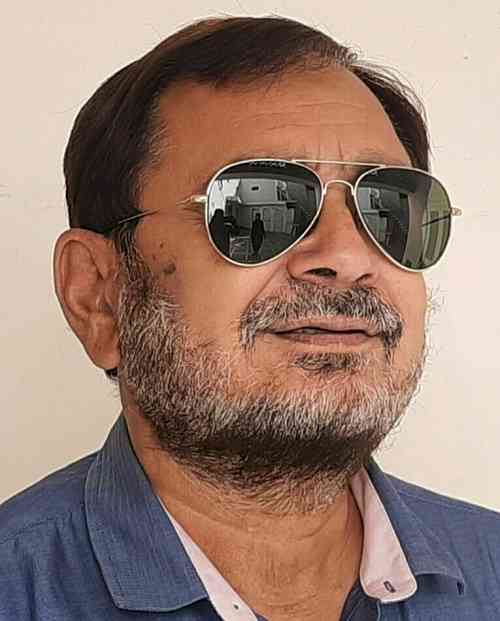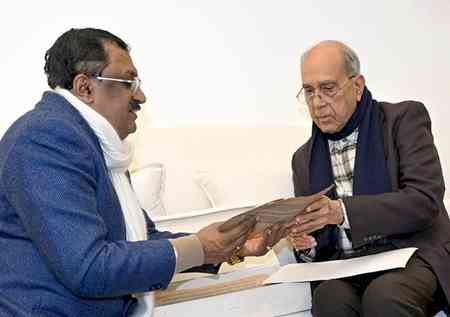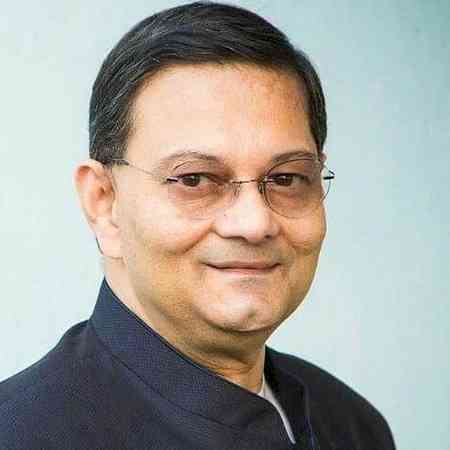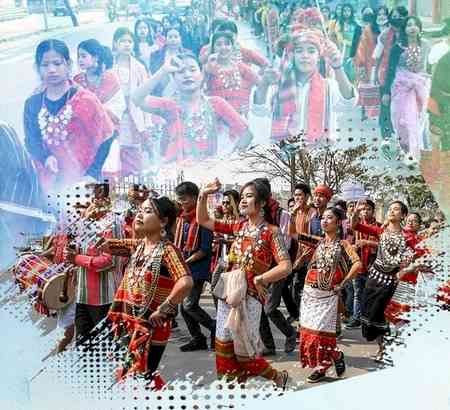The growing relevance of traditional medicine
The ancient system can offer sustainable health-care solutions in an era of climate change and lifestyle diseases
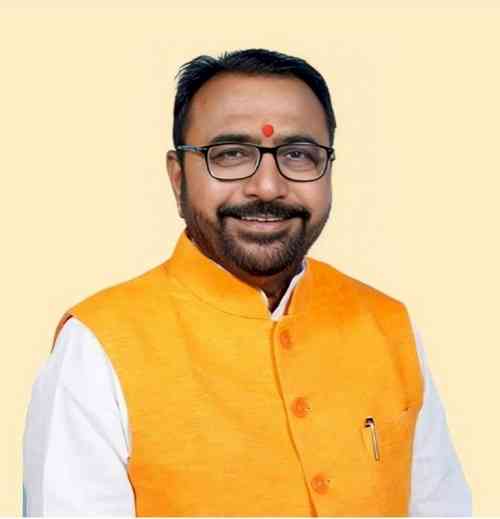
By Prataprao Jadhav
The World Health Organization (WHO) reports that traditional medicine is practised in 88% of its member-states — 170 out of 194 countries. For billions, particularly in low- and middle-income
nations, it remains the primary form of health care due to accessibility and affordability
considerations. Yet, its significance extends beyond treatment, supporting biodiversity
conservation, nutrition security, and sustainable livelihoods.
Market projections underscore this growing acceptance. Analysts estimate that the global
traditional medicine market will reach $583 billion by 2025, with annual growth rates of 10%-
20%. China’s traditional Chinese medicine sector is valued at $122.4 billion, Australia’s herbal
medicine industry at $3.97 billion, and India’s Ayurveda, Yoga and Naturopathy, Unani, Siddha
and Homoeopathy (AYUSH) sector at $43.4 billion.
This expansion reflects a fundamental shift in health-care philosophy — from reactive treatment
models to proactive, preventive approaches that address root causes rather than symptoms
alone.
India’s Ayurvedic transformation
India’s traditional medicine sector has witnessed remarkable transformation. The AYUSH
industry, comprising over 92,000 micro, small and medium enterprises, has expanded nearly
eight-fold in less than a decade. Manufacturing sector revenues have grown from ₹21,697 crore
in 2014-15 to over ₹1.37 lakh crore currently, while the services sector has generated ₹1.67
lakh crore in revenue.
India now exports AYUSH and herbal products worth $1.54 billion to more than 150 countries,
with Ayurveda gaining formal recognition as a medical system in several nations. This
represents both economic opportunity and soft power projection on the global stage.
The first comprehensive survey on AYUSH by the National Sample Survey Office (2022-23)
revealed near-universal awareness — 95% in rural areas and 96% in urban centres. Over half
the population reported using AYUSH systems in the preceding year, with Ayurveda emerging
as the preferred choice for rejuvenation and preventive care.
Scientific validation, global expansion
India has invested significantly in research through institutions including the All India Institute of
Ayurveda, the Institute of Teaching and Research in Ayurveda, the National Institute of
Ayurveda, and the Central Council for Research in Ayurvedic Sciences.
These institutions focus on clinical validation, drug standardisation and developing integrative
care models that combine traditional knowledge with modern medical practices.
India’s global Ayurveda outreach has achieved unprecedented scale through the Ministry of
AYUSH’s International Cooperation Scheme. India has signed 25 bilateral agreements and 52
institutional partnerships, established 43 AYUSH Information Cells across 39 countries, and
positioned 15 academic chairs in foreign universities.
The establishment of the WHO Global Traditional Medicine Centre in India represents a
significant milestone. Supported by the Government of India, the centre aims to harness
traditional medicine’s potential through modern science, digital health and emerging
technologies including artificial intelligence.
WHO’s recent publication on AI integration in traditional medicine highlights how advanced
technologies can strengthen clinical validation, enable big-data analytics, and enhance
predictive care within Ayurveda and related systems.
The theme this year
Ayurveda’s core philosophy of balance — between body and mind, humans and nature,
consumption and conservation — offers relevant solutions for contemporary challenges. As the
world grapples with lifestyle diseases and climate change, Ayurveda provides a framework that
addresses both personal and planetary health.
As India leads efforts to mainstream traditional medicine globally, the approach emphasises
health care that is preventive, affordable, inclusive and sustainable. Ayurveda represents not
merely a medical system but a wellness movement that bridges traditional knowledge with
contemporary needs.
The convergence of ancient wisdom with modern science and technology positions traditional
medicine systems to play an increasingly important role in global health architecture. Ayurveda
Day this year serves as a reminder of the potential for traditional knowledge systems to
contribute to a more balanced and sustainable future for people and the planet.
(Author is Union Minister of State (Independent Charge) for Ayurveda, Yoga and
Naturopathy, Unani, Siddha and Homoeopathy (AYUSH) and Union Minister of State for Health
and Family Welfare, Government of India.)


 City Air News
City Air News 
